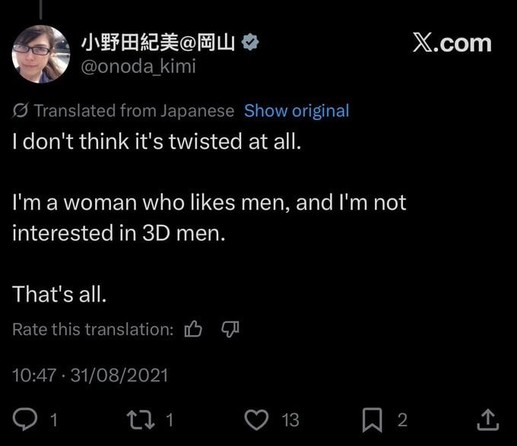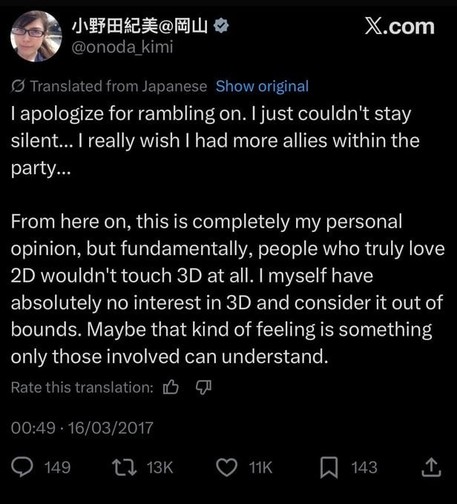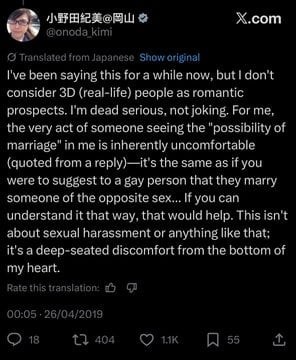2026-01-15 21:37:26
I dislike TikTok as much as the next guy, but I can't argue with things like this, that the actual Democratic party posted there, which combine two of my interests - both antifascism and the Wii - in such a great way.
*Making fools of ICE is ALWAYS correct*
#Wii #WiiBowling
2025-12-16 06:39:54
Ran into a problem in prod?
Just generate a fake cloudflare error page and blame it on them - gives you time to fix.
#foss
2026-02-15 00:30:02
2025-12-10 14:39:26
2026-01-07 11:45:44
Filing: Samsung plans to acquire $1.73B of its stock for employee and executive compensation, as part of a performance-linked scheme introduced in October 2025 (Kyu-seok Shim/Reuters)
https://www.reuters.com/business/samsung-e…
2026-02-06 22:23:02
Following an intense backlash this morning,
the White House has now taken down Trump’s Truth Social repost
of a video showing a racist clip
⚠️depicting the Obamas as apes.
The post was up for 12 hours.
As we reported earlier, a few hours ago the White House had initially tried to brush off the outrage,
defending Trump’s repost as “an internet meme video”.
Politicians from both parties have this morning condemned the post
and urged Trump to remov…
2026-01-05 12:17:31
My motivation to get into PGP fights these days is very limited, but, well, sometimes I can't escape the "someone is wrong on the Internet" feeling.
The author of @… still does not understand what "Authenticated Encryption" means ("still", because I've seen these discussions back in the efail days). It is a pretty central conce…
2026-01-24 21:44:32
Chromebooks train schoolkids to be loyal customers, internal Google document suggests https://www.theverge.com/news/867138/google-chromebook-education-expansion-court-filings
2025-12-02 01:31:30
Alt5 Sigma accumulated $1.5 billion of World Liberty Financial cryptocurrency in August as part of a circular deal that routed more than an estimated $500 million to an entity affiliated with President Donald Trump
Public companies, like Alt5 Sigma, must notify the SEC within four business days when their independent accountant resigns, and their accountant must reviewany interim financial statements included in a quarterly report.
Alt5 Sigma told the SEC on Black Friday its indep…










